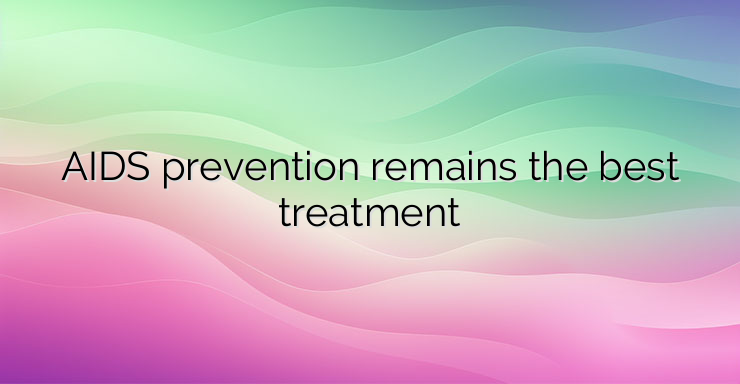Acquired Immune Deficiency Syndrome (AIDS) is a widespread infectious disease caused by an RNA virus, part of the Retroviridae family. This virus is known as Human Immunodeficiency Virus (HIV). The prognosis of the disease is extremely poor. The fatality rate is almost 100%. According to the World Health Organization (WHO), around 40 million people have died globally. To limit the widespread spread of AIDS, it is very important that people are informed about the mode of transmission and the risk factors of the disease. An effective treatment for AIDS has not yet been found. Affected patients undergo various types of therapy, which successfully alleviate their symptoms and support the normal course of their lives. Modern antiretroviral therapy significantly suppresses viral replication in the human body. This allows the recovery of his immune system to fight possible infectious complications. However, prevention remains the most effective method of preventing AIDS. Extremely important for her is the reduction of available risk factors. The RNA virus can be transmitted hematogenously, sexually and through other types of secretions. Homosexual men are more often affected, especially those who have an active sexual life with different partners. The main cause of the disease is unprotected sex. The second most common is the use of contaminated needles, syringes, or other sharp objects that are used to administer blood or medication. People who use narcotic substances are usually affected. However, it is also possible for a person to become infected after blood transfusions, transplantation of various tissues and organs, as well as medical procedures that involve non-sterile cutting. With poor hygiene, HIV can also be transmitted after getting a tattoo or piercing. AIDS can also occur in the presence of another untreated sexually transmitted infection such as syphilis, herpes, chlamydia, gonorrhea, or bacterial vaginosis. After pregnancy, the virus can be transmitted to the fetus or newborn during or immediately after birth. There is also an occupational risk of contracting AIDS among medical personnel. However, it is significantly lower than that of contracting hepatitis B. Each person should limit the risk factors for this disease as much as possible. The use of condoms during intercourse is strongly recommended, as is testing and counseling for various sexually transmitted diseases. Sources: https://www.who.int/news-room/fact-sheets/detail/hiv-aids


Leave a Reply